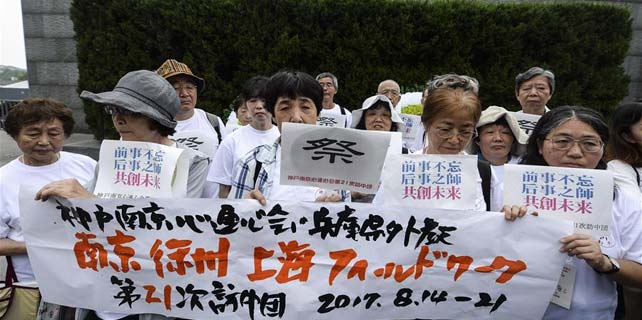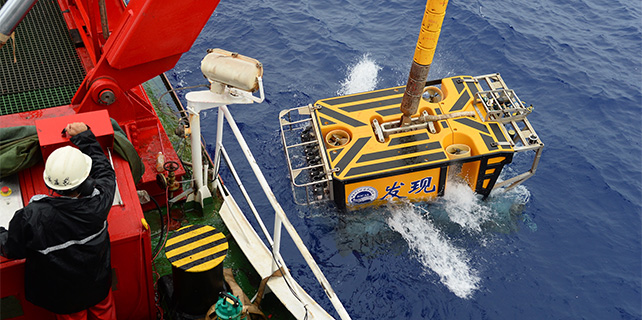Tensions ease on peninsula, ministry says
Senior diplomats have embarked on a new round of talks to tackle the simmering tensions on the Korean Peninsula, with frequent phone conversations taking place in the past 48 hours to exchange views among the major parties involved.
Seoul’s Foreign Ministry said on Wednesday that Vice-Foreign Minister Lim Sung-nam spoke with his US counterpart, Deputy Secretary of State John Sullivan, on Tuesday night for about 15 minutes.
According to Seoul-based Yonhap News Agency, Sullivan emphasized that it is Washington’s stance to seek all diplomatic and economic measures to “peacefully” resolve the problem.
In Beijing, Foreign Minister Wang Yi also had two phone calls on Tuesday with his counterparts from Russia and Germany.
There have been easing signs in the tense situation, but “the ‘August crisis’ has not ended, and all parties should work together on that”, Wang told Sigmar Gabriel, the German vice-chancellor and foreign minister.
Gabriel said all parties should learn from Europe’s painful history to prevent the situation on the Korean Peninsula from spiraling out of control.
In talks with his Russian counterpart Sergey Lavrov, Wang said China and Russia should join hands to control the situation.
Lavrov said the upcoming US-Republic of Korea joint military exercise might again trigger a crisis.
The phone calls came as tensions mounted amid a war of words between Washington and Pyongyang. Pyongyang earlier said it was considering firing missiles into the waters off the US territory of Guam. The US warned such an action would be met militarily.
Shi Yongming, a researcher at the China Institute of International Relations, said the “easing signs” Wang mentioned refer to Washington’s open stance on talks with Pyongyang and Pyongyang’s remarks of delaying its “enveloping fire” of missiles around Guam.
Wang’s calls with Russia and Germany show that China is making all-out efforts to ease tensions, and Beijing discussed the issue with Berlin because they had effective cooperation on the Iran nuclear issue, Shi said.
Wang Junsheng, a researcher of Asia-Pacific studies at the Chinese Academy of Social Sciences, said the repeated occurrence of the “August crisis” on the Peninsula is closely related to the US-ROK joint exercise conducted every year.
Zhang Yunbi and Zhou Jin contributed to the story.






















